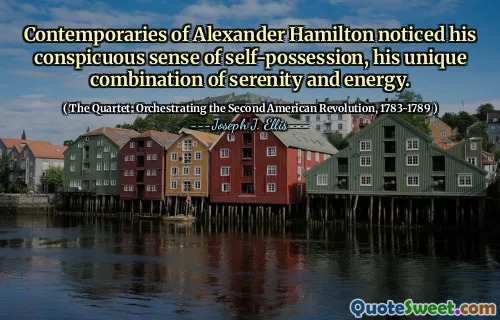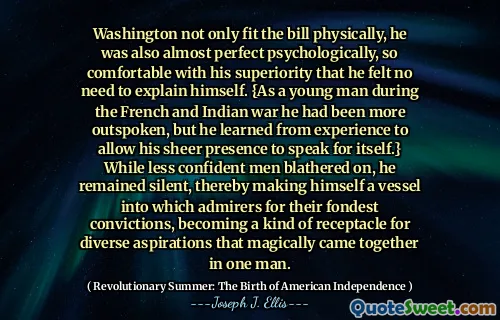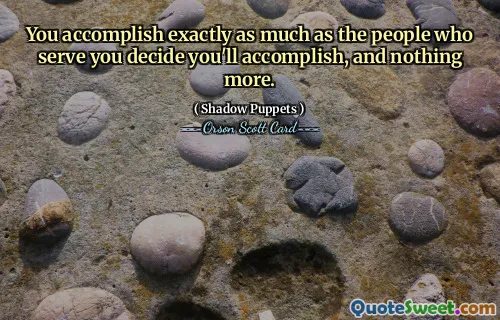
The idea is to recruit in a closed environment, rather than listening to the press or getting distracted by conflicting agents' claims. We try and make cold decisions based on information.
This quote underscores the importance of controlled and informed decision-making in sensitive processes like recruitment or talent acquisition. In many scenarios, external influences—such as media reports or conflicting opinions—can introduce noise or bias, making it challenging to focus on core facts and objectivity. By opting to operate within a closed environment, decision-makers create a space where they can securely evaluate candidates based on verified, relevant information without external distractions. This approach emphasizes the value of confidentiality, data integrity, and a disciplined evaluation process, recognizing that emotion, external noise, and speculation can hinder rational judgment.
In the context of business or management, especially in high-stakes recruitment, relying on a curated set of insights helps prevent rash decisions that might be influenced by hearsay or superficial impressions. It also allows the decision-makers to focus on strategic priorities and long-term fit instead of being swayed by transient factors. The phrase 'cold decisions' highlights the importance of objectivity and emotional detachment—traits that are crucial when choosing someone who will impact the organization at a foundational level.
Furthermore, this mindset points to the modern challenges of information overload and unverified sources. In an era where social media and instant communication generate vast amounts of data, filtering and controlling information flow is essential for clarity. Creating a closed environment ensures that the decision is data-driven and aligned with organizational goals, rather than reactive or influenced by external narratives. Ultimately, this methodology promotes integrity, rationality, and judiciousness in critical decisions—traits that are universally valuable across industries and roles.











